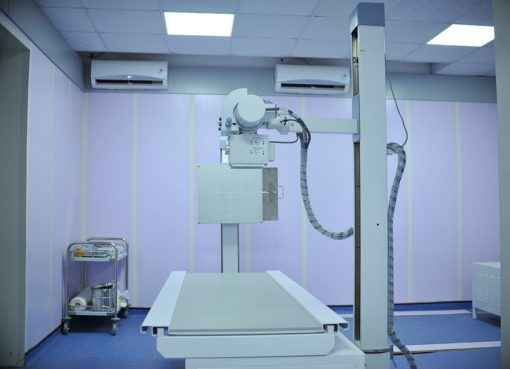Connecting arthritis and inflammatory bowel disease might be a little strange to a few, who are about to read this post. However, given the amount of researches that have been going through to find out the links that connect both these disease conditions, this might not be a matter of surprise to physicians and other experts who make use of specialised Differential Diagnosis IBD methods that help detect the onset of joint pain and arthritis among IBD patients. According to experts, enteropathic arthritis, an acute arthritic condition that causes painful inflammation, is often associated inflammatory bowel disease and the two commonly found IBD conditions: Crohn’s disease and ulcerative colitis. The recent data on arthritis patients prove beyond doubts that one among the five people who suffer from inflammatory bowel disease conditions like Crohn’s disease and ulcerative colitis enteropathic arthritis conditions. In order to know more about this excruciatingly painful outcome of the onset of inflammatory bowel disease, it’s indispensable to know the areas of the body that gets affected by enteropathic arthritis. The common areas of the body that get affected by enteropathic arthritis are the peripheral joints. Abdominal pain and bloody diarrhoea aggravate the disease condition further. At times the entire spine can be affected by the impacts of enteropathic arthritis. The next question that one might often ask is about the possible cures that a patient can look forward to. But currently we do not have any cures for enteropathic arthritis. However, a huge set of medications and therapies are widely available to combat the symptoms of both arthritis and bowel irritations that worsen the health condition of the patient and lead to graver complications.
According to researchers, enteropathic arthritis is caused by lasting intestinal inflammation, which might result in major vulnerabilities that ease the entrance of disease causing bacteria, which can damage the bowel wall and circulate throughout the blood stream. The body’s reaction to these bacteria results in inflammation in the joint and/or spine, eventually causing enteropathic arthritis.
An overarching name for two main acute diseases that cause intestinal inflammation and swelling of the colon, inflammatory bowel disease is commonly found as Crohn’s disease or ulcerative colitis, which are the major autoimmune diseases often trigger several non-specific symptoms that are barely enough to detect the exact disease condition, in order to subsequently pick the right treatment method to cure the disease without delay. While ulcerative colitis affects the colon, Crohn’s disease might leave its severe impact on several other areas of the gastrointestinal tract, the reason why IBD diagnosis and treatments for Crohn’s disease and ulcerative colitis can be entirely different from one another, irrespective of having numerous symptoms in common. However, owing to the number of generic symptoms that pose serious difficulty in disease diagnosis, both the autoimmune diseases are detected with differential diagnosis methods.
Inflammatory bowel disease causes
While a number of theories have been put forth regarding possible factors that cause inflammatory bowel diseases like ulcerative colitis and Crohn’s disease, the exact cause of IBD is yet unknown, though many physicians strongly believe the possibility of genetic variations. Environmental factors are the other major reasons that are believed to trigger the onset of inflammatory bowel disease.
IBD symptoms
Both Crohn’s disease and ulcerative colitis several common symptoms, including:
-
abscesses
-
stomach pain
-
arthritis
-
diarrhoea
-
eye inflammation
-
fistulas
-
incontinence
-
rectal bleeding
-
skin inflammation
-
weight loss
-
cramps
IBD treatment
Severity of the disease conditions in each patients are taken into account while deciding on the treatment method that has to be administered to curb IBD. Given the fact that no treatment method can completely cure IBD, therapies recommended can only curb the symptoms, reduce inflammation, as well as relieve acute abdominal pain, diarrhoea, and rectal bleeding. However, for complex and complicated cases of IBD, surgical procedures are recommended, as medicines often fail to offer the expected result.
More information can be obtained on https://www.gutpeople.net a bespoke social networking website, developed solely for gastroenterologists around the world. GI health care experts who specialize in GI disorders can register with The Gut People and start interacting with top GI experts around the world, on various commonly found gastrointestinal disorders like inflammatory bowel disease and intestinal tuberculosis. The Gut People is also equipped with unique functionalities that help download informative documents on gastrointestinal disorders, as well as their comprehensive diagnosis steps and advance treatment methods.
For more info: https://www.gutpeople.net/
Article credits Daniel Disusa.




